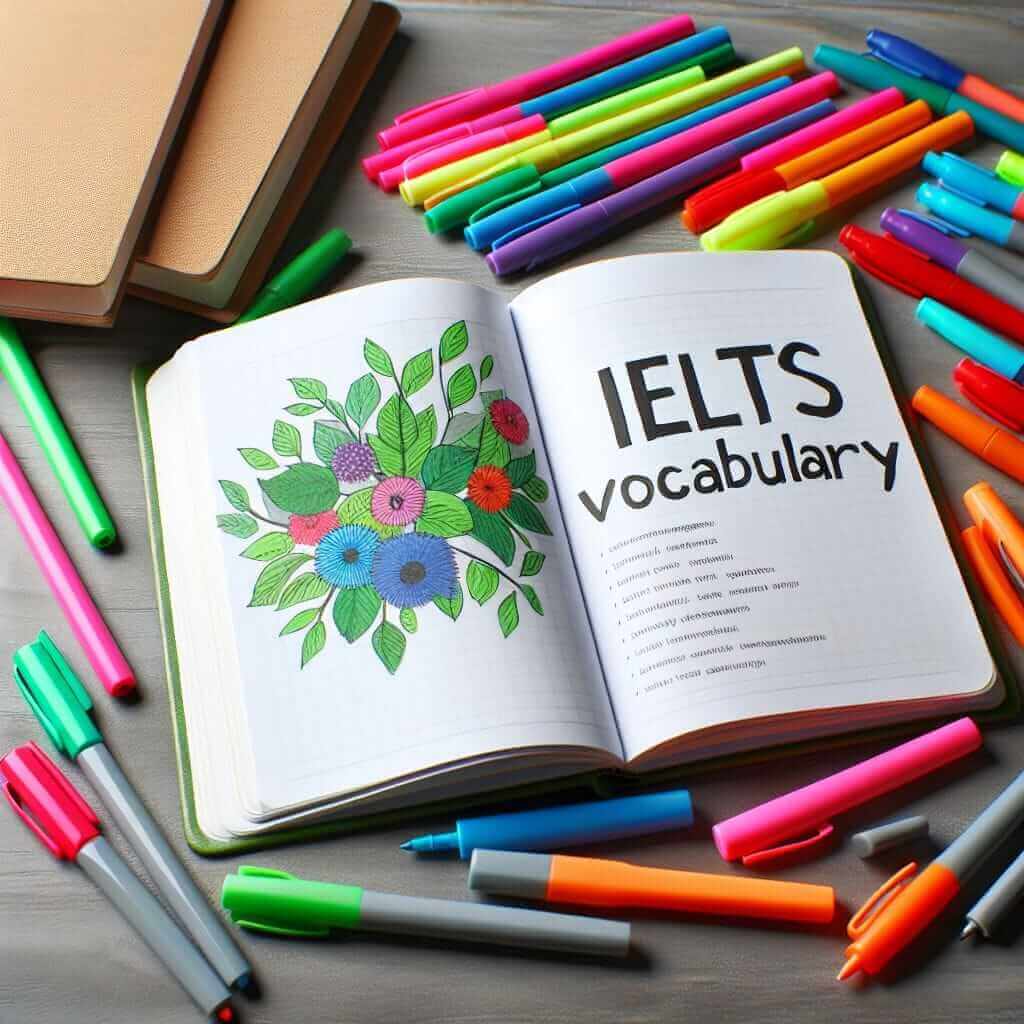Vocabulary is undoubtedly a cornerstone of language proficiency, and its importance in the IELTS exam cannot be overstated. It’s only natural for IELTS aspirants to wonder, “How much vocabulary is enough for IELTS?” This comprehensive guide will delve into this question, providing clarity, practical tips, and expert insights to empower your IELTS preparation journey.
Understanding the Role of Vocabulary in IELTS
A strong vocabulary is essential across all four IELTS sections:
- Listening: Recognizing a wide range of words is crucial for understanding conversations and lectures.
- Reading: A robust vocabulary allows you to grasp the meaning of complex texts and answer questions accurately.
- Writing: Using precise and varied vocabulary enhances the quality and sophistication of your writing.
- Speaking: A diverse vocabulary enables you to express your ideas fluently, accurately, and with nuance.
Dispelling the Myth of a “Magic Number”
While it’s tempting to seek a specific number, there’s no magical vocabulary count guaranteeing IELTS success. Instead of fixating on quantity, focus on:
1. Relevance to IELTS Topics:
Familiarize yourself with common IELTS themes like education, technology, environment, and society. Focus on learning vocabulary related to these topics, enabling you to understand and respond effectively to questions.
2. Active vs. Passive Vocabulary:
It’s not enough to simply recognize words; you need to actively use them. Aim to incorporate new vocabulary into your speaking and writing practice, solidifying your understanding and recall.
3. Collocations and Idioms:
Mastering collocations (words frequently used together, e.g., “make a difference”) and idioms (figurative expressions, e.g., “piece of cake”) will make your language more natural and impactful.

Strategies to Enhance Your IELTS Vocabulary
1. Immerse Yourself in English:
- Read Widely: Explore a variety of English texts, such as articles, books, and blogs, paying attention to new words and their usage.
- Listen Actively: Engage with English audio materials, noting down unfamiliar vocabulary and pronunciation.
- Watch English Media: Movies, TV shows, and documentaries offer a fun and engaging way to learn new words in context.
2. Make it a Habit:
- Learn Systematically: Dedicate specific time slots for vocabulary building and use flashcards, spaced repetition software, or vocabulary apps.
- Record and Review: Maintain a vocabulary notebook or digital list. Regularly review the words and phrases you’ve learned.
- Use it or Lose it: Actively incorporate new vocabulary into your speaking and writing practice.
3. Practice with IELTS Materials:
- Analyze Sample Answers: Pay close attention to the vocabulary used in high-scoring responses to understand the level of proficiency required.
- Use Official IELTS Vocabulary Lists: Several resources provide lists of common IELTS vocabulary.
Example from IELTS Speaking Test
Examiner: “What are the benefits of living in a multicultural city?”
Candidate: “Living in a multicultural city exposes you to a tapestry of cultures, broadening your horizons and fostering tolerance.“
Analysis: The candidate uses rich vocabulary like “tapestry of cultures,” “broadening your horizons,” and “fostering tolerance” to convey their ideas effectively.
Conclusion
Building a strong IELTS vocabulary is a journey, not a sprint. Focus on consistent effort, strategic learning, and active application of new words. Remember, it’s not just about the quantity of words you know, but how effectively you can use them to communicate your ideas. With dedication and the right approach, you can achieve your desired IELTS score.